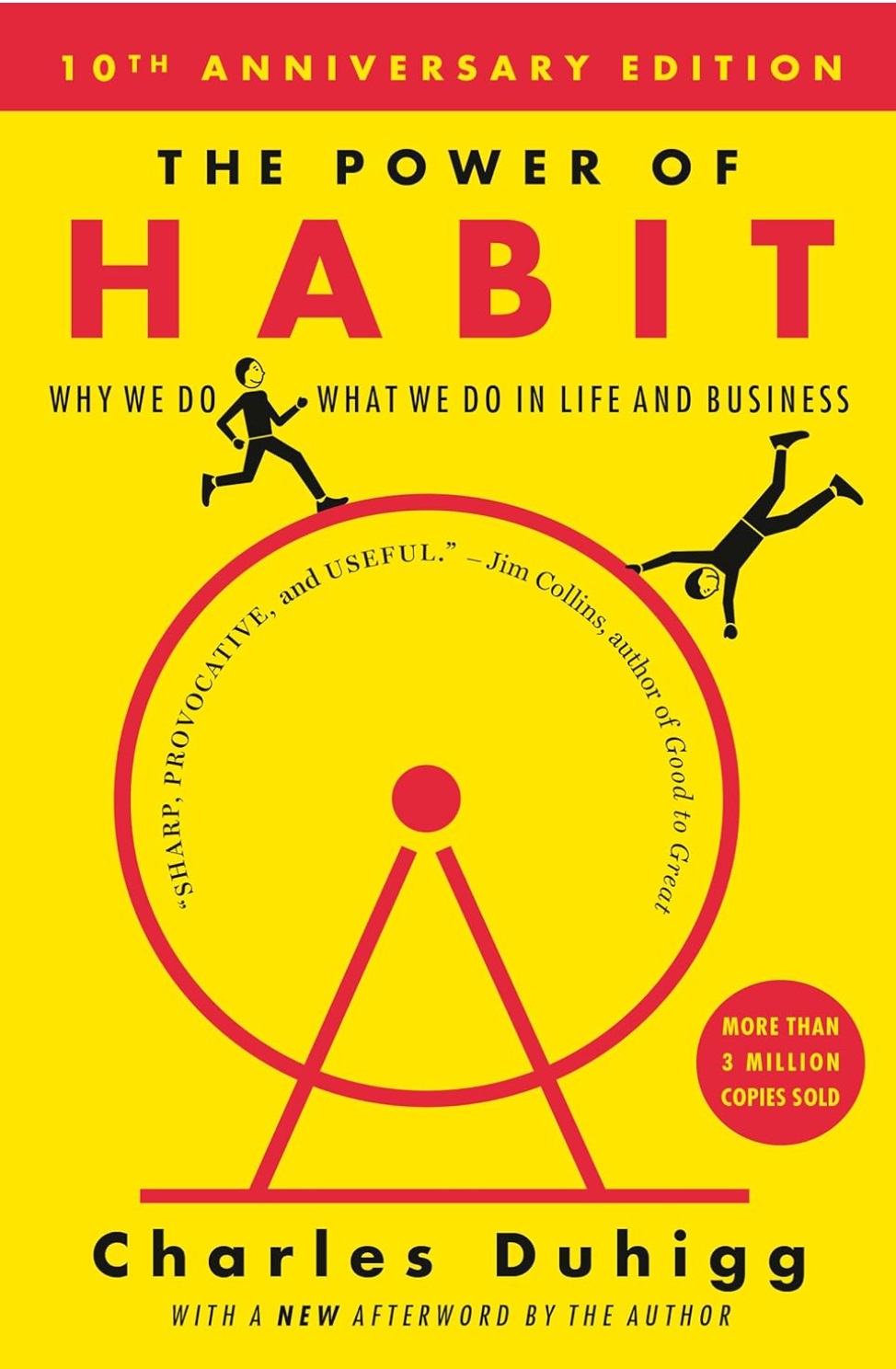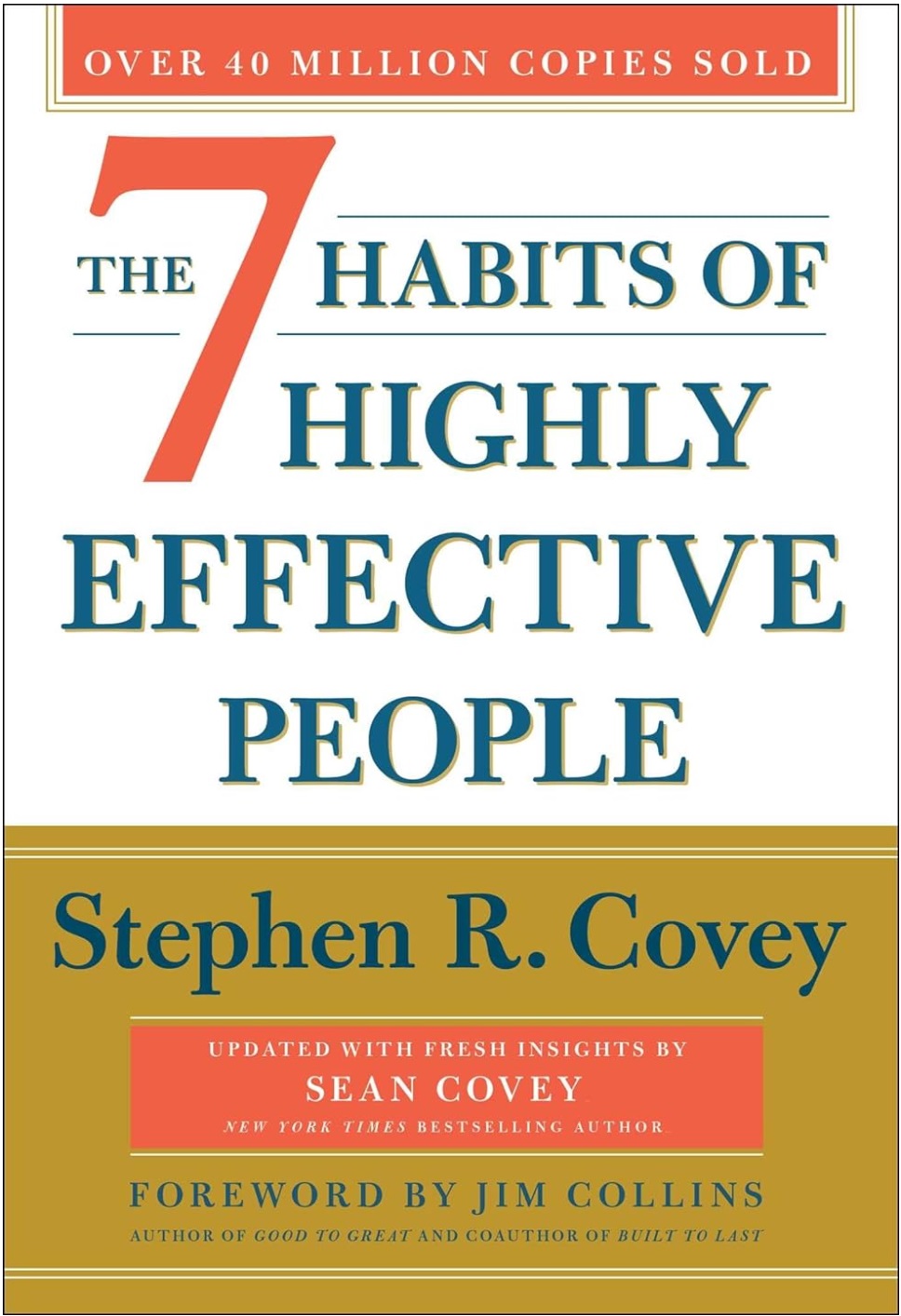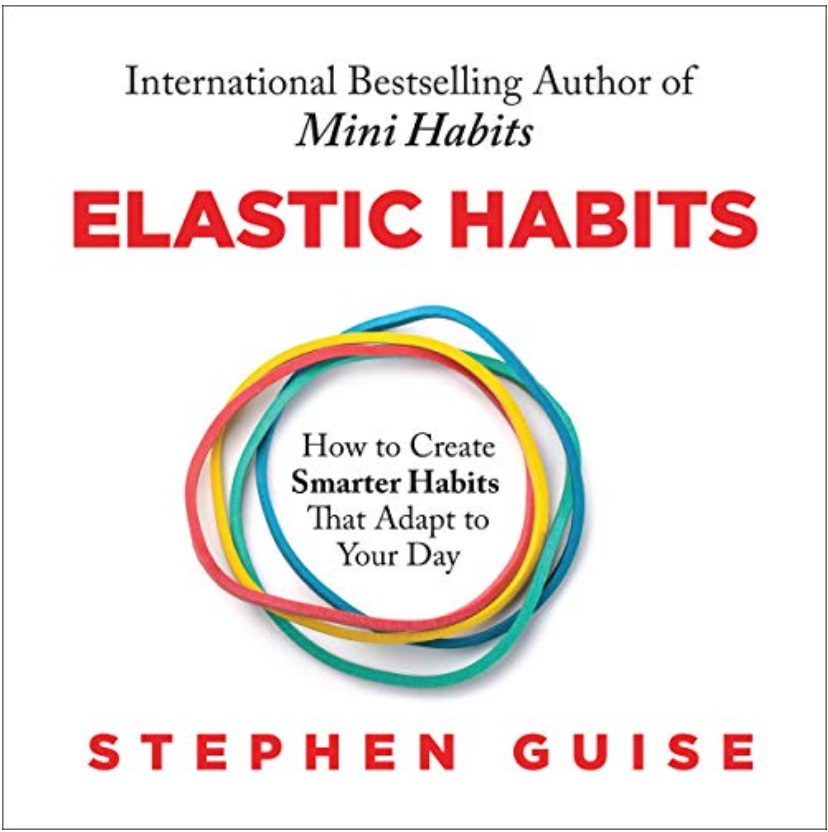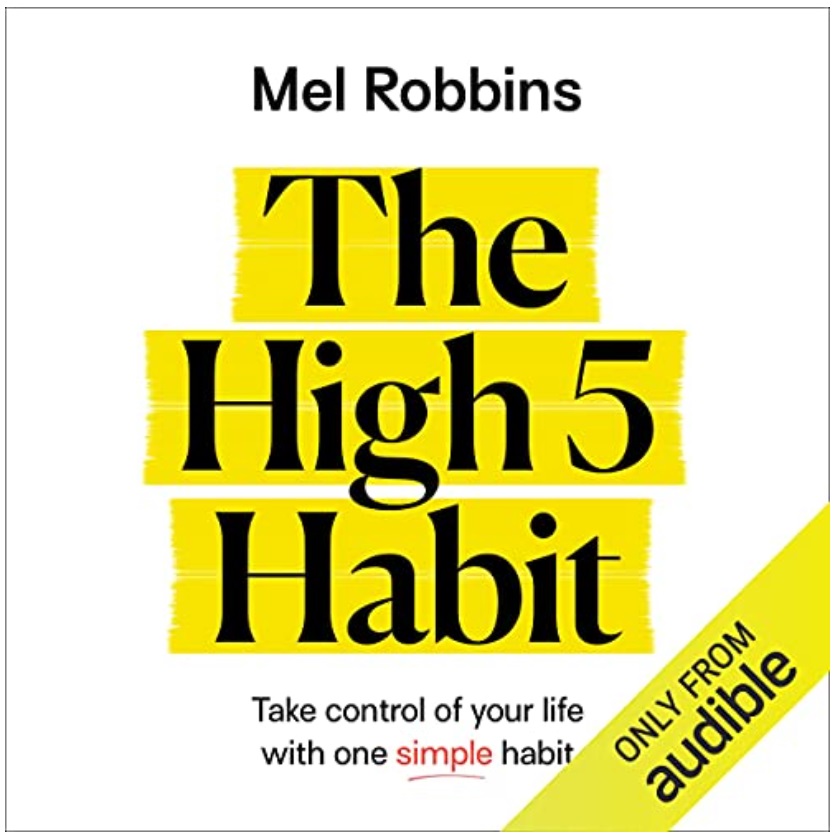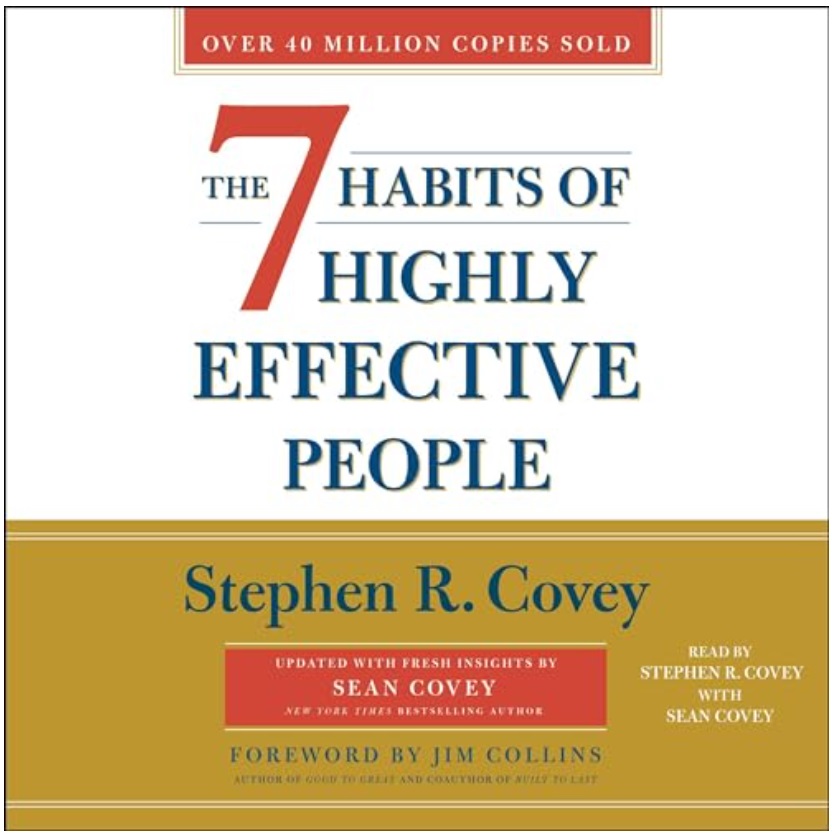- KEY POINTS
- Consistency over perfection is the key to achieving long-term success through small daily habits.
- Reflecting and resetting regularly helps you evaluate and adjust your goals to stay aligned with personal growth.
- Embracing setbacks allows you to turn obstacles into valuable opportunities for learning and evolving your approach.
Achieving personal and professional goals often feels overwhelming. We set grand ambitions but struggle to sustain momentum. I’ve been there – starting strong but losing focus weeks later. What I’ve learned is that success often lies in the small, consistent habits we build each day.
These simple daily actions stack up, transforming the seemingly impossible into achievable steps. In this post, I’ll walk you through the practical habits that have helped me stay on track and push closer to my goals – even when life gets busy.
Table of Contents
ToggleThe Power of Small Daily Habits
Goals don’t have to be achieved in one dramatic leap. In fact, I’ve found that breaking them down into daily habits makes them more manageable and less intimidating. For example, instead of setting a goal to “write a book,” I committed to writing 300 words a day. This small shift made the process feel less daunting and more achievable.
Building daily habits creates momentum. Each day that I stay consistent reinforces the idea that progress is happening – even if it’s just one small step. More importantly, these habits eventually become part of my routine, making them second nature.
Reflective Question: What’s one goal you’ve been putting off because it feels too big? How can you break it down into a daily habit?
Start with Clear, Specific Goals
I’ve learned the hard way that vague goals lead to vague results. When I first started trying to improve my fitness, I told myself, “I want to get in shape.” Unsurprisingly, I didn’t make much progress. It wasn’t until I set a specific goal – “exercise for 30 minutes every day” – that I started seeing real results.
Being specific not only gives me a clear target but also allows me to measure progress. Instead of wondering if I’m making headway, I can track how consistently I show up for my daily habit.
Reflective Question: Are your goals specific enough? If not, how can you clarify them to make progress measurable?
Write Down Your Goals
I always keep a notebook where I write down my goals for the year. Something about putting them on paper makes them feel more real. Plus, having them in front of me serves as a daily reminder of what I’m working toward.
Reflective Action: Write down your top three goals for the next six months. Be as specific as possible.
Break Goals into Smaller Steps
If a goal feels overwhelming, I break it down into smaller tasks. For example, if I’m aiming to read 30 books this year, I break it down into a daily habit of reading 20 pages a day. This simple shift keeps me from feeling stuck.
Action Step: Take one goal and list three small actions you can take daily to work toward it.
Build Consistency with a Routine
One of the biggest lessons I’ve learned is that consistency beats intensity. I used to start new habits with a lot of energy, only to burn out quickly. Now, I focus on creating routines that fit into my day naturally. By anchoring new habits to existing routines – like writing in the morning after coffee or stretching before bed – I build consistency without overthinking it.
For example, I wanted to meditate daily, but I kept forgetting. So, I paired it with brushing my teeth in the evening. This made it easier to remember and eventually became part of my nightly wind-down.
Reflective Question: Is there a habit you could pair with something you already do daily?
Start Small and Scale Up
I’ve found that starting small helps me stay committed. If I aim to journal every day, I start with just one sentence. Often, I end up writing more – but by setting the bar low, I eliminate the pressure that can lead to procrastination.
Action Step: Choose a goal and commit to just five minutes a day. Over time, gradually increase the duration as the habit becomes easier.
Track Progress to Stay Motivated
Tracking progress is one of the most motivating things I do. I use a simple calendar and place a checkmark every time I complete a habit. There’s something satisfying about seeing a chain of checkmarks – it pushes me to keep going.
When I tried to develop a daily reading habit, I tracked each session. After a few weeks, I realized I was already halfway through my goal without even noticing.
Reflective Question: How could you track your daily habits in a way that feels rewarding?
Celebrate Small Wins
I used to overlook small victories, but now I make a point to celebrate them. Whether it’s finishing a chapter, hitting a weekly workout goal, or staying consistent for seven days, I allow myself to acknowledge the effort. These small celebrations keep me motivated and remind me that progress – no matter how small – is still progress.
Action Step: Write down three small milestones you could celebrate as you work toward your larger goal.
Eliminate Distractions and Prioritize Focus
I can’t tell you how many times I’ve sat down to work on a goal only to get distracted by my phone or social media. Now, I build focus by creating a distraction-free environment.
When I write, I turn off notifications and put my phone in another room. I also use timers – I work in 30-minute blocks with short breaks in between. This helps me stay focused without feeling overwhelmed.
Reflective Question: What’s one thing you could remove from your environment to improve focus on your goals?
Set Boundaries with Your Time
I’ve learned that saying no to things that don’t align with my goals is essential. I used to overcommit and wonder why I had no time for personal projects. Now, I set boundaries – I protect my focus hours and treat them like non-negotiable appointments.
Action Step: Look at your calendar and block out time each day for focused work on your goals.
Overcoming Setbacks with Resilience
One of the hardest lessons I’ve learned is that setbacks are inevitable. I used to feel discouraged when I missed a day or two of progress, thinking it meant I had failed. But over time, I realized that missing a day doesn’t mean I need to give up entirely. Instead, I treat setbacks as part of the process.
Now, when life gets busy, I reflect on what caused the disruption and adjust my approach. I remind myself that consistency over months matters more than a few missed days. It’s about getting back on track quickly without guilt or frustration.
For example, when I tried to exercise daily but missed a few days during a stressful week, I restarted with a lighter version of my routine. This way, I eased back into it without feeling overwhelmed.
Reflective Question: How do you usually respond to setbacks, and what could you do differently next time to stay motivated?
Learn from Mistakes
I see setbacks as opportunities to learn. When something doesn’t go as planned, I ask myself why. Was my goal unrealistic? Did I overcommit? This reflection helps me adjust and create more sustainable habits.
Action Step: The next time you miss a goal, write down what contributed to the setback. Use this insight to modify your approach moving forward.
Reflect and Reset Goals Regularly
I’ve found that regularly reflecting on my goals helps me stay aligned with what truly matters. Every month, I take a moment to evaluate my progress. Sometimes I realize a goal no longer feels important, and that’s okay. Other times, I realize I’m ready to push further.
During these reflection sessions, I ask myself:
- What’s working well?
- What feels challenging?
- Is this goal still meaningful to me?
This simple process keeps me connected to my “why” and ensures I stay on the right path.
Reflective Question: When was the last time you reflected on your goals? Could it be time for a reset?
Adjust Goals as Needed
I used to believe that adjusting goals meant I was giving up. But now, I see it as evolving. Life changes, and so should my goals. If something no longer serves me, I give myself permission to change direction without guilt.
For instance, I once set a goal to read two books a month. Halfway through, I realized I’d rather spend more time writing. So, I shifted focus and reduced my reading goal. This small adjustment helped me feel less overwhelmed and more fulfilled.
Action Step: Review your goals and see if any need adjusting to better fit your current priorities.
Surround Yourself with Positive Influence
The people around me play a huge role in my ability to stay on track. I’ve noticed that when I surround myself with positive, motivated individuals, I naturally stay inspired.
I intentionally seek out friends, mentors, or online communities that align with my goals. Their encouragement and shared experiences remind me that I’m not alone in this journey.
Reflective Question: Who in your life inspires you to stay focused on your goals? How can you connect with them more often?
Find an Accountability Partner
Having someone to share my goals with keeps me accountable. I check in with a friend weekly about our progress, and it makes a big difference. Knowing that someone else is rooting for me – and expecting an update – motivates me to follow through.
Action Step: Reach out to a friend or family member and invite them to be your accountability partner.
Conclusion
Achieving goals isn’t about perfection – it’s about showing up consistently, learning from setbacks, and staying adaptable. The daily habits we cultivate play a crucial role in shaping the future we envision for ourselves. By starting small, staying focused, and reflecting regularly, we can build the momentum needed to turn our goals into lasting achievements.
Remember, progress may not always be linear, but every step forward brings you closer to your vision. Give yourself grace, celebrate the small wins, and trust the process. You’re capable of far more than you realize.
Reflective Call to Action:
What’s one small habit you could start today that will bring you closer to your goals? Write it down and take the first step – even if it’s just five minutes.















